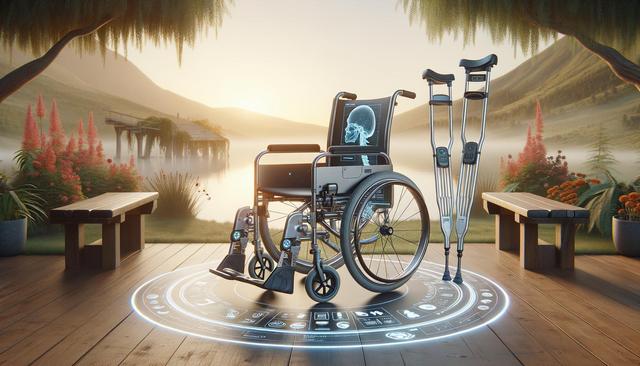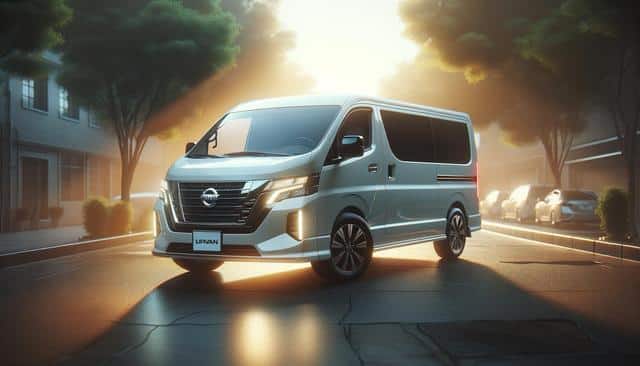
Exploring Advanced Mobility Aids for Greater Independence
Understanding the Scope of Advanced Mobility Aids
Advanced mobility aids encompass a wide range of equipment that support individuals with varying levels of mobility impairments. Unlike traditional aids, such as basic walkers or manual wheelchairs, these devices incorporate technology and ergonomic design to enhance functionality and user experience. For many individuals, these aids represent more than just convenience—they are critical tools for maintaining autonomy, accessing the community, and improving overall quality of life.
Some of the most commonly used advanced mobility aids include:
- Powered wheelchairs with customizable controls
- Electric mobility scooters designed for indoor and outdoor use
- Rollators and smart walkers with built-in safety features
- Stair climbing wheelchairs and all-terrain mobility devices
Each device is tailored to meet specific mobility challenges. The right choice depends on factors such as the user’s physical condition, lifestyle, and the environments they navigate daily. Consulting with healthcare professionals and mobility experts is an important step in selecting an aid that aligns with both current and future needs.
Powered Wheelchairs: Features and Considerations
Powered wheelchairs are among the most sophisticated mobility aids available today. These devices provide motorized movement controlled by a joystick or touchpad, offering significant support for individuals with limited upper body strength. Modern powered wheelchairs come equipped with various customizable features, such as adjustable seating, tilt and recline functions, and programmable driving modes.
When selecting a powered wheelchair, it’s important to evaluate the following:
- Battery life and charging time
- Terrain capabilities (indoor vs. outdoor use)
- Seat comfort and support adjustments
- Portability and storage options
Many models are also compatible with accessories like headrests, arm supports, and communication devices, helping users maintain comfort during prolonged use. Advanced versions may include features such as voice control or Bluetooth connectivity, enhancing usability for individuals with more complex mobility needs.
Mobility Scooters for Everyday Use
Electric mobility scooters are a practical option for individuals who need assistance traveling longer distances but can still walk short stretches. These scooters are designed with comfort, stability, and user-friendliness in mind. Typically, they feature padded seating, easy-to-use tiller steering, and multiple speed settings. They are especially useful for outdoor mobility, whether running errands, visiting parks, or navigating larger indoor spaces like malls.
Key features to consider in a mobility scooter include:
- Weight capacity and size of the scooter
- Turning radius and maneuverability
- Battery range and speed options
- Suspension and ground clearance for uneven surfaces
Three-wheel scooters offer tighter turning for indoor use, while four-wheel models provide added stability on rougher terrain. Some foldable or travel-friendly models are designed to fit into car trunks, offering portability for active lifestyles. Users should also consider local regulations related to mobility scooter use in public spaces and transportation systems.
Smart Walkers and Rollators with Enhanced Safety
For those who need moderate support while walking, smart walkers and rollators offer a balance of mobility assistance and independence. These aids typically include ergonomic hand grips, braking systems, and storage compartments. Advanced models now incorporate technology that enhances safety and monitoring, such as sensors that detect obstacles or alert caregivers in case of a fall.
Modern rollators often feature:
- Built-in seat and backrest for resting
- LED lights for visibility during low-light conditions
- Height-adjustable frames for personalized fit
- Foldable design for transport and storage
Some smart walkers are designed with GPS tracking or wireless connectivity, allowing family members or caregivers to monitor usage and location. These features are particularly helpful for individuals with cognitive impairments or those at risk of falls. Choosing the right walker depends on the user’s walking ability, desired features, and level of technical comfort.
Innovative Solutions for Complex Mobility Needs
As mobility technology evolves, so do the solutions available for individuals with complex or progressive conditions. Innovations such as stair-climbing wheelchairs, standing wheelchairs, and robotic exoskeletons are transforming the way mobility challenges are addressed. These devices offer new levels of movement and interaction, especially for users with spinal cord injuries or neuromuscular disorders.
Some standout innovations include:
- All-terrain wheelchairs for off-road travel
- Standing wheelchairs that promote circulation and posture
- Robotic exoskeletons for therapeutic and ambulatory use
- Voice-activated or eye-gaze control systems
While these solutions are typically more expensive and may require training, they provide groundbreaking support for users seeking greater physical engagement and autonomy. They also represent an important shift toward inclusive design and personalized mobility support. As research and development continue, accessibility to these advanced devices is expected to improve, expanding options for more individuals.
Conclusion: Choosing the Right Mobility Aid for Your Lifestyle
Advanced mobility aids offer a broad spectrum of support for individuals facing mobility challenges. From powered wheelchairs to smart walkers, each device is designed with user comfort, safety, and independence in mind. The right mobility aid can enhance daily life, reduce physical strain, and open up new possibilities for engagement in social and community activities.
When exploring your options, it’s essential to assess your personal mobility goals, consider the environments you navigate, and seek professional guidance. With thoughtful selection and proper use, advanced mobility aids can empower individuals to lead more active, fulfilling lives.


